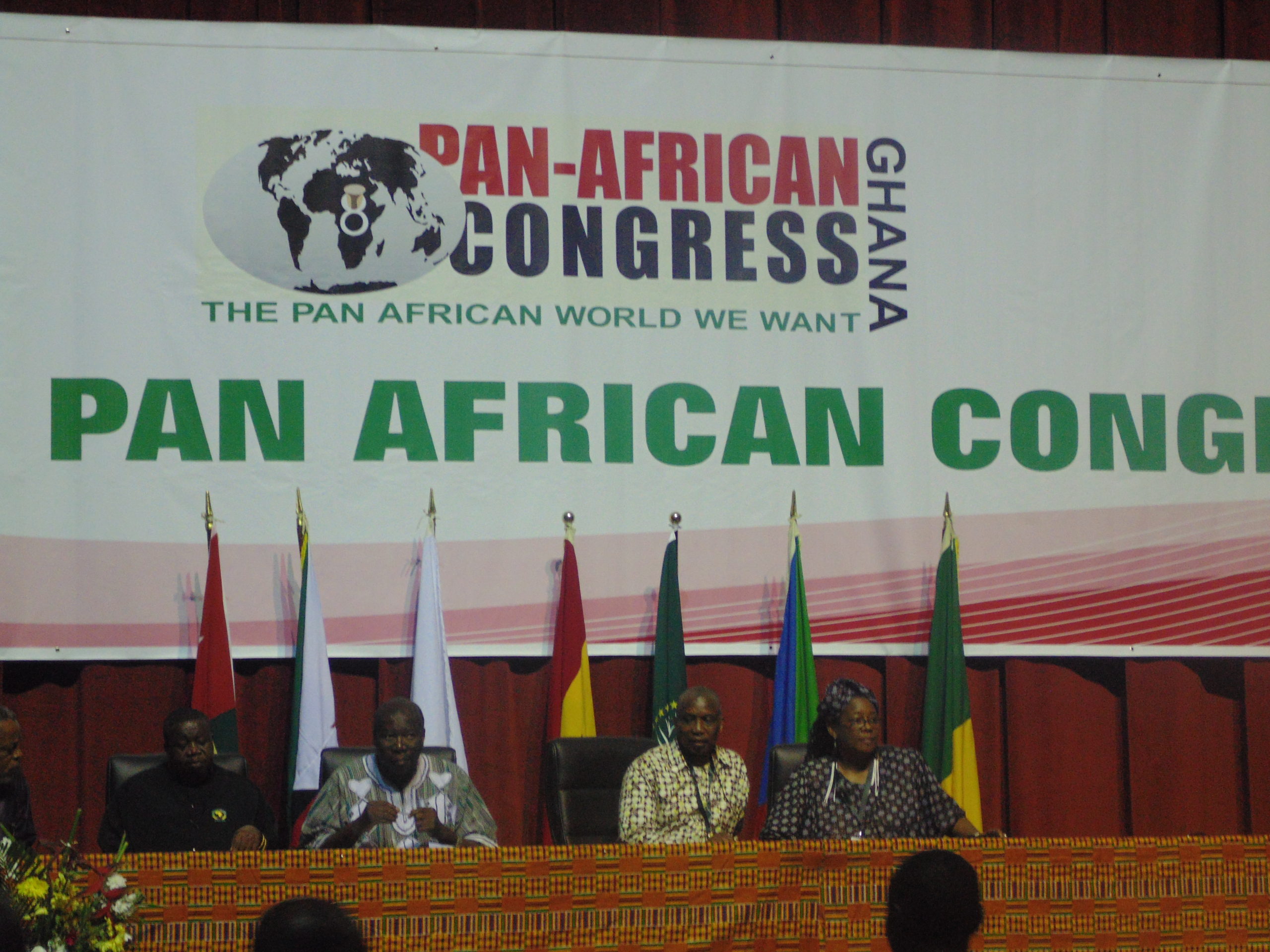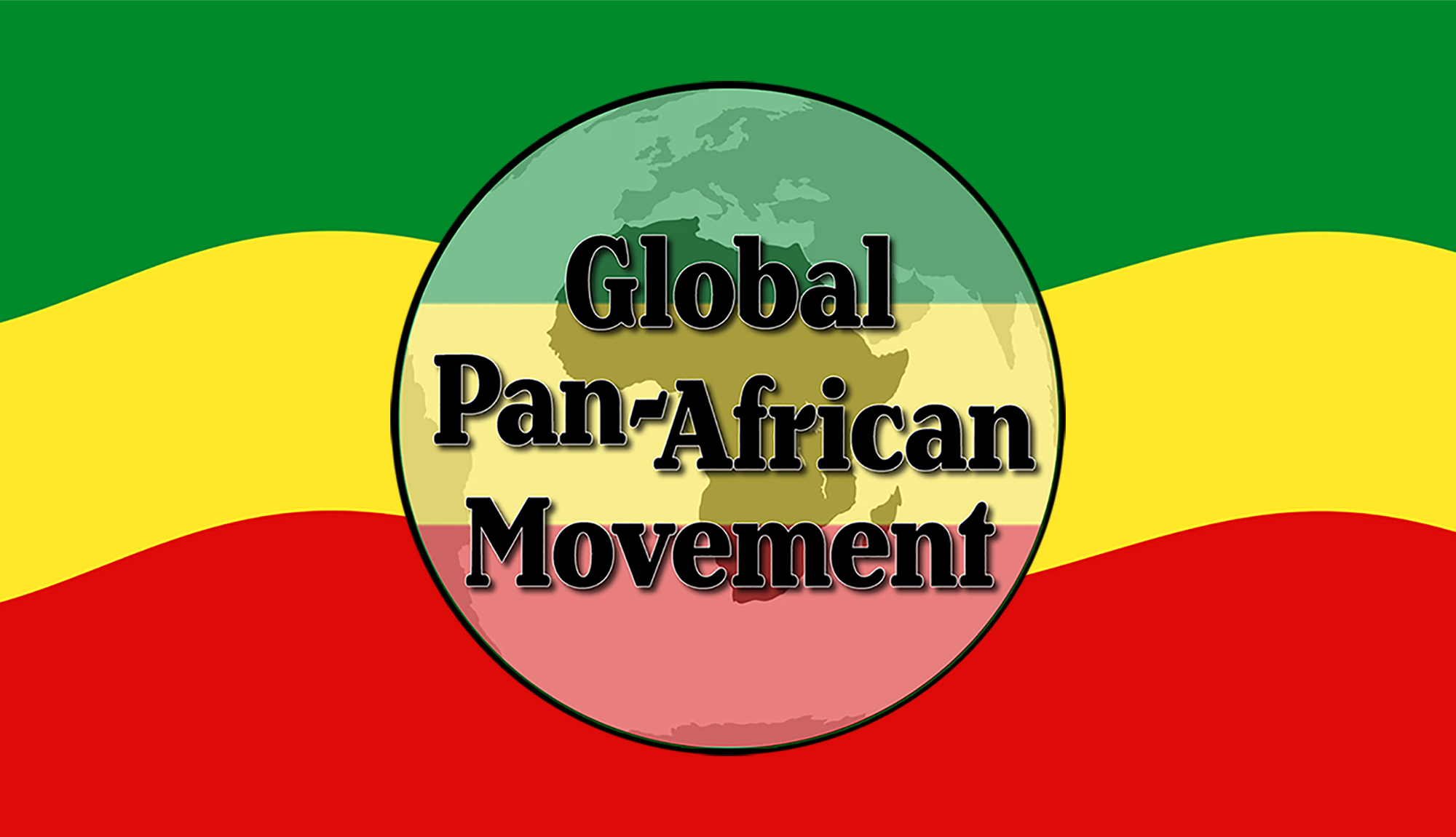The Global Pan African Movement on October 27, 2021 held a national teach-in on the current situation in Ethiopia. As a result, the GPAM wants to share its observations and recommendations in the pursuit of peace. Given the importance of Ethiopia both historically and contemporaneously, we urge you to share these points with students, academics, unions, churches, mosques, schools, communities, and everyone in your networks. Below are our six points:
1. There must be an immediate ceasefire between armed forces and safe passage for civilians. The protracted conflict has caused and is set to cause much grief and devastation to the people in the Northern regions (Tigray, Amhara, and Afar regional states) and across Ethiopia.
2. The prospect for negotiation must be considered by all groups participating in the conflict. Negotiations must be facilitated by groups that have criticized the government of Ethiopia and simultaneously defended the autonomy of the nations-state, such as the A3+1 of the UN Security Council. External powers have been biased on the situation and should not be allowed to weaponize aid, misrepresent information, or call for military intervention. The African Union should continue to play a central role in mediating negotiations based on its continental mission.
3. Ethiopian and African intellectuals must go beyond knee-jerk criticisms of one side or the other, ending social and mainstream media wars, and move towards discussions of demilitarization, and finding sustainable peace for all the people in Ethiopia.
4. Alongside the conflict between the Tigray People’s Liberation Front (TPLF) and government supported forces in the North, ethnically targeted killings of civilians by armed groups in Oromia, Benishangul-Gumuz, and other regions, must be met with serious attention, efforts of de-escalation, and an end to the violence.
5. We support calls for a national dialogue that includes political parties, civilian groups, armed groups, and the Ethiopian diaspora. We understand the lack of infrastructure, lack of commitment, and the spontaneity of ongoing conflict, will make the dialogue an extended process, which ensures all groups are involved in creating a meaningful outcome. The dialogue should also inform the nature of the ceasefire and negotiations.
6. As geopolitical alliances shift, older structures of power are threatened, and people continue to organize in the Horn of Africa, the international community (especially the non-aligned group) must use this time to build sustainable organizations and solidarity that supports progressive forces in the region.


